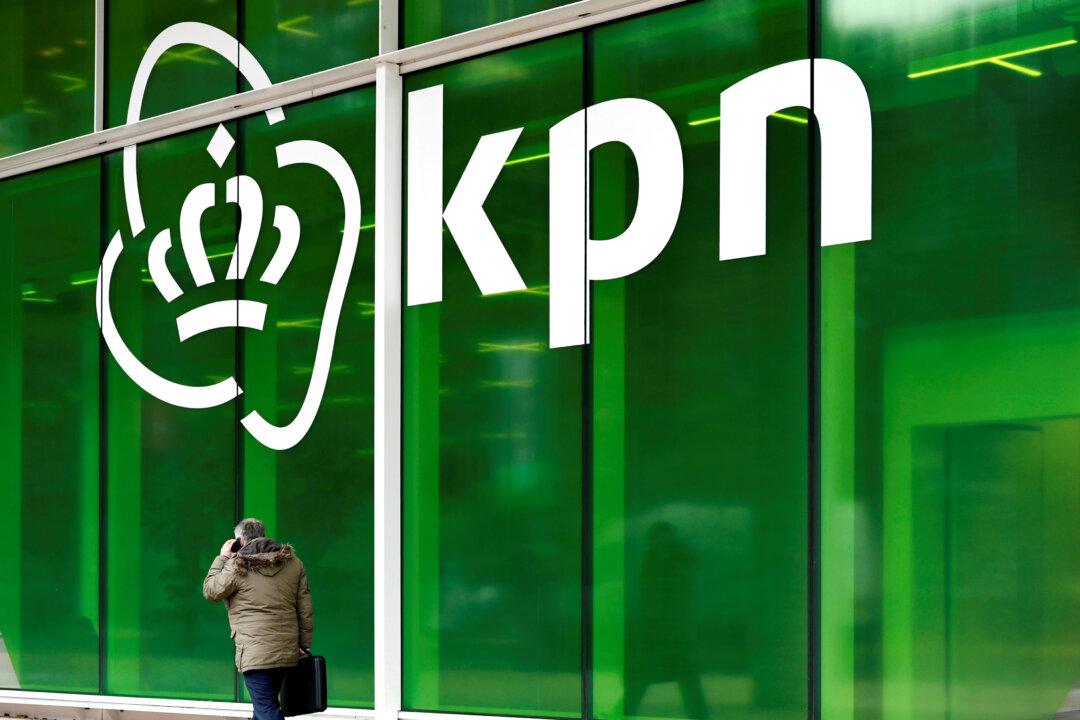AMSTERDAM—Dutch telecom firm Royal KPN NV said on April 26 it would select a Western supplier to build its core 5G mobile network, making it one of the first European operators to make clear it would not pick China’s Huawei for such work.
The United States has been seeking to discourage its allies from using equipment made by Huawei because of concerns that it could be used for spying by the Chinese regime.





